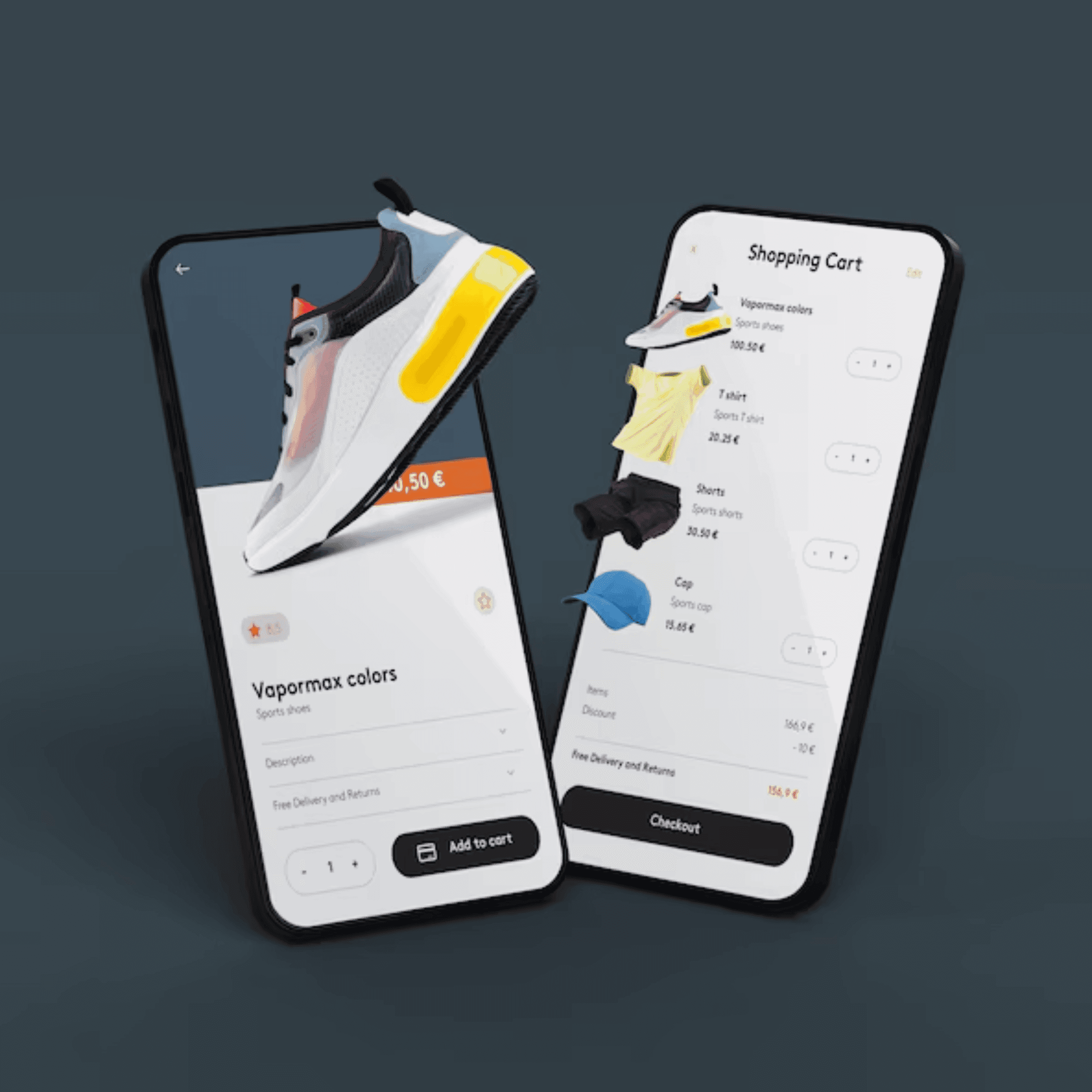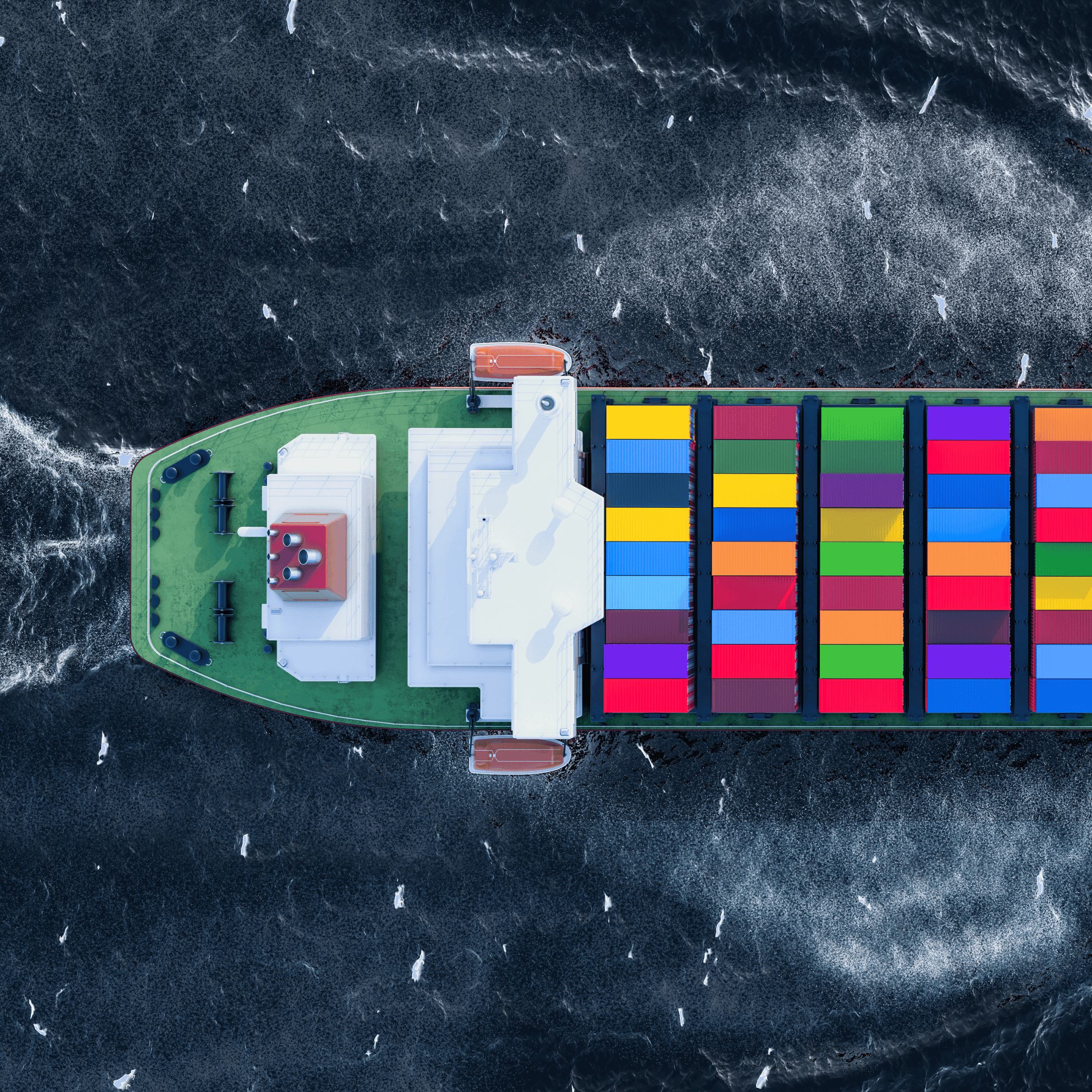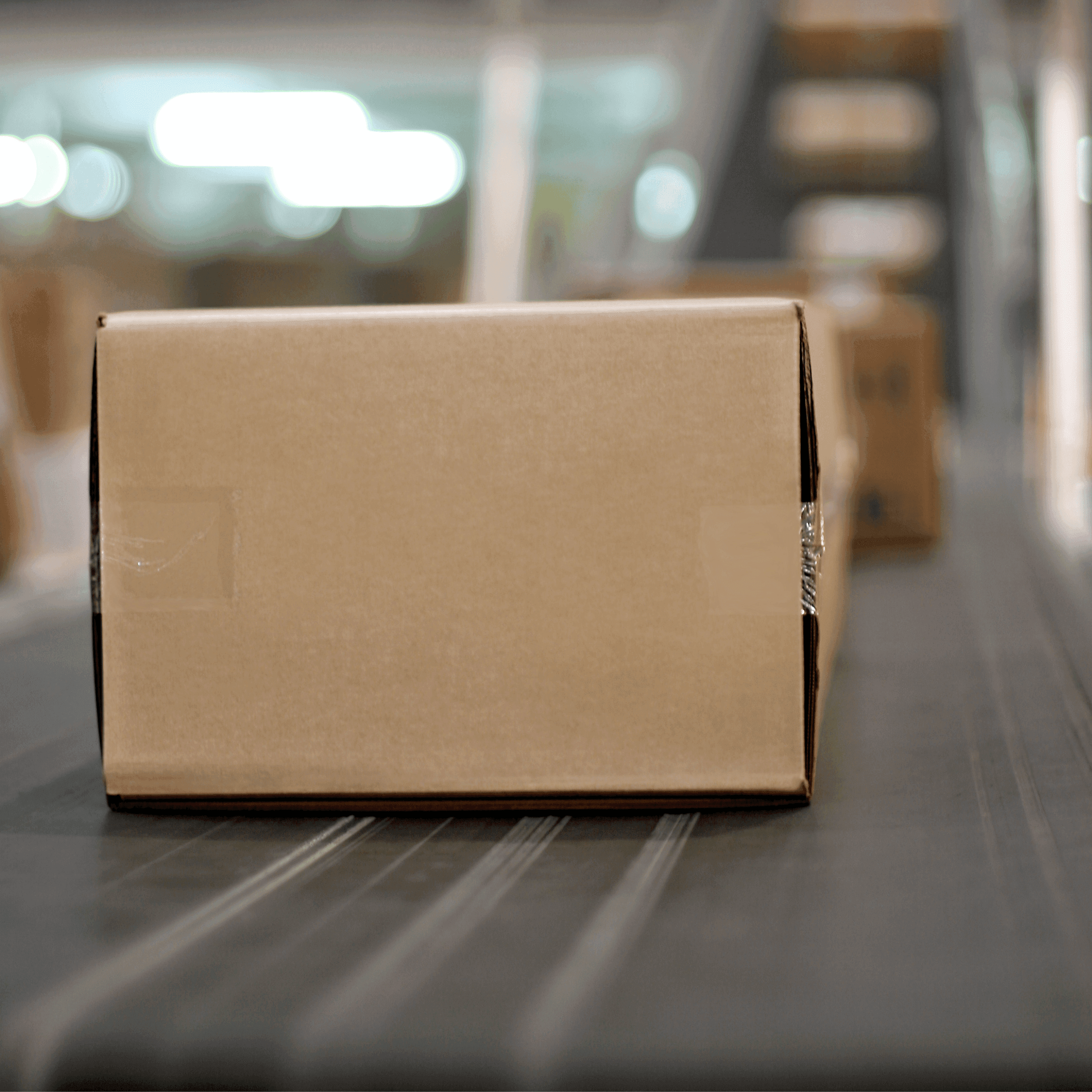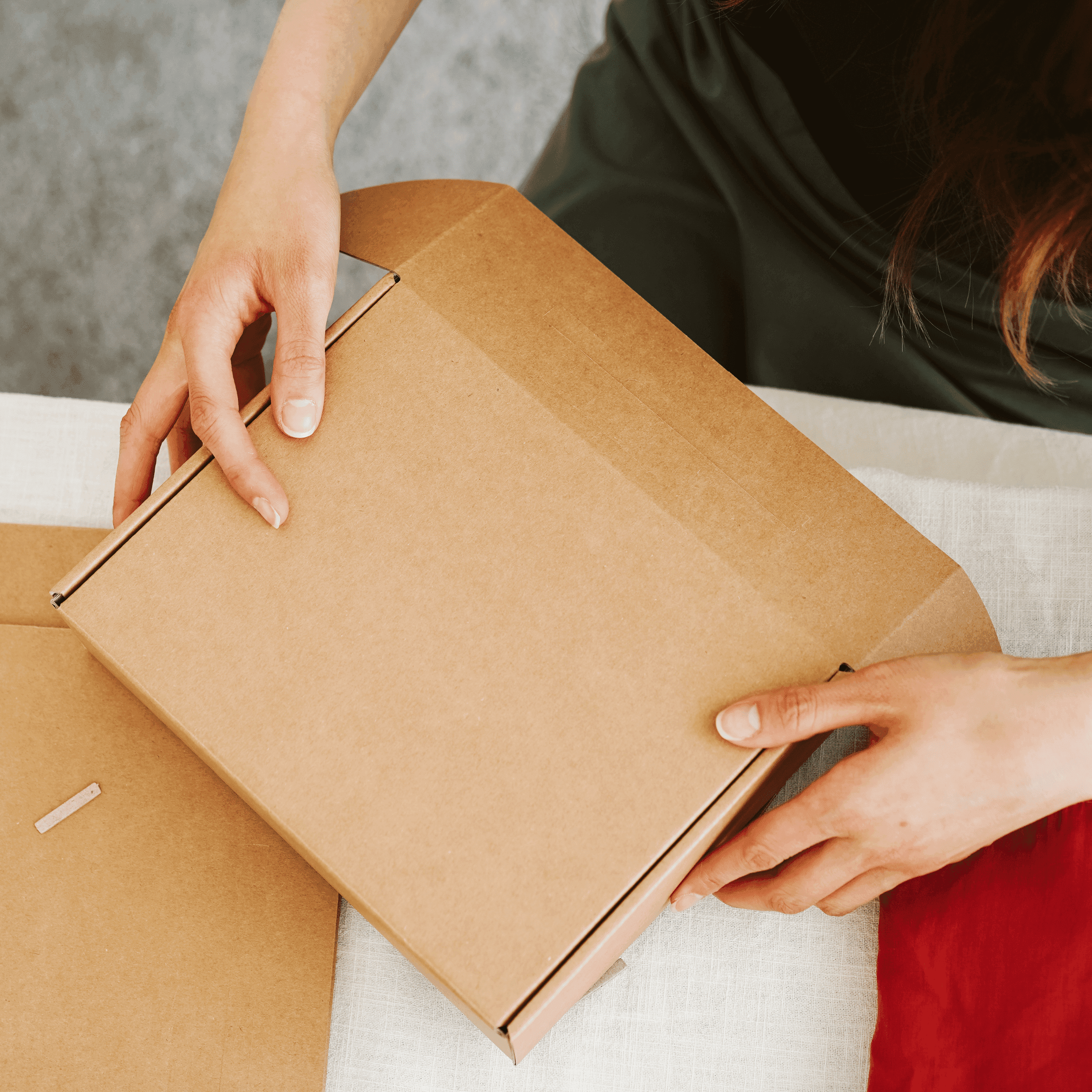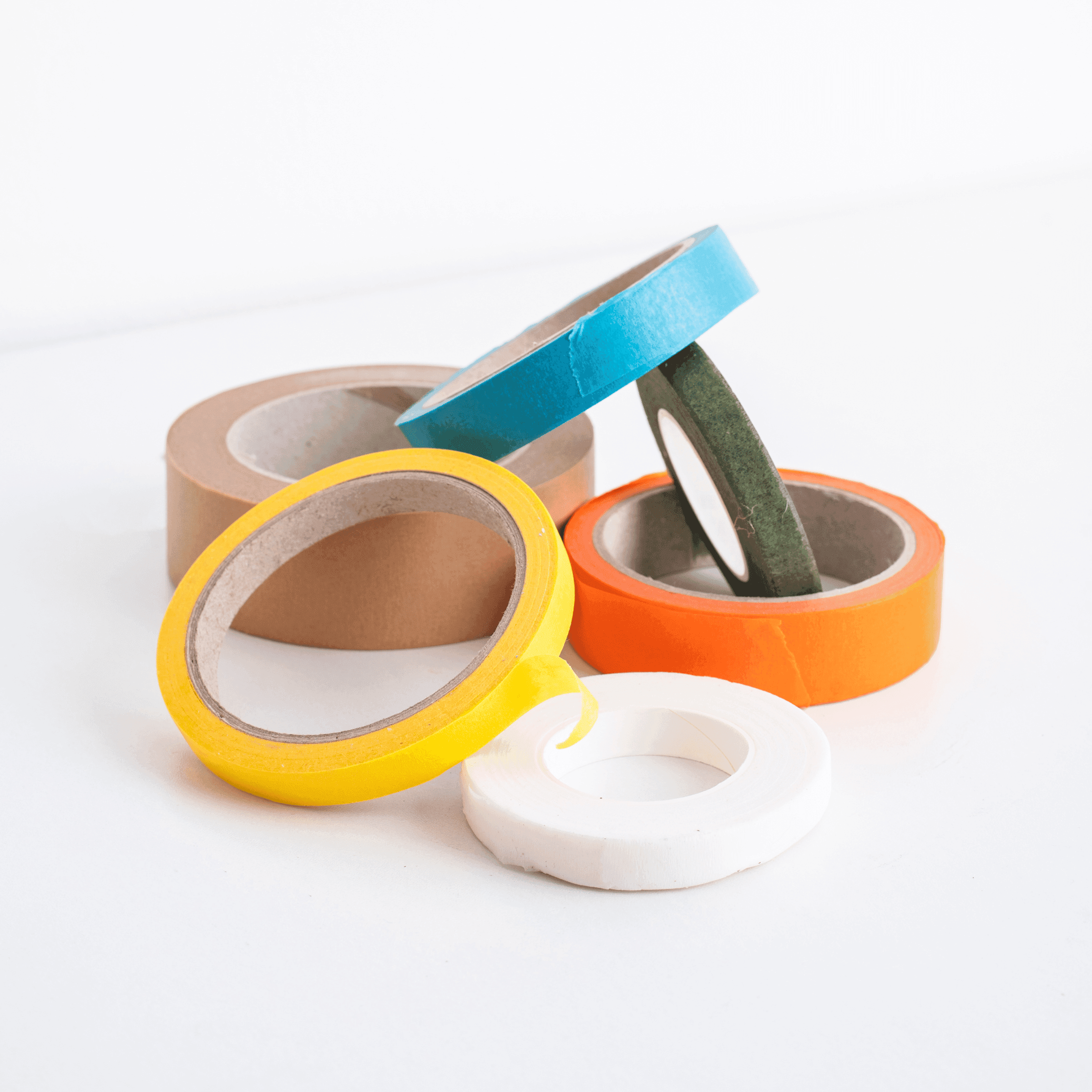Running a successful Shopify store requires more than just great products and a sleek website. As your order volume grows, so do the logistics challenges—from inventory management to picking, packing, shipping, and returns. That’s where a third-party logistics provider (3PL) comes in. But with hundreds of 3PLs out there, how do you choose the right one for your Shopify store?
This guide breaks down everything you need to know when evaluating a 3PL, so you can streamline fulfillment, reduce costs, and keep your customers happy.
What is a 3PL?
A third-party logistics (3PL) provider is a company that handles logistics operations on behalf of ecommerce merchants. Services typically include warehousing, order fulfillment, shipping, returns, and sometimes even value-added services like kitting, bundling, and custom packaging.
For Shopify store owners, a 3PL acts as the operational backbone—managing inventory and shipping while you focus on growth and customer experience.
Why Shopify Brands Turn to 3PLs
As your store scales, self-fulfilling orders quickly becomes inefficient and expensive. Shopify brands partner with 3PLs to:
- Scale effortlessly without hiring in-house fulfillment staff
- Speed up shipping with strategically located warehouses
- Improve customer satisfaction with faster, more accurate deliveries
- Reduce shipping costs through carrier volume discounts
- Focus on marketing, product development, and sales instead of packing boxes
Key Factors to Consider When Choosing a 3PL for Shopify
1. Shopify Integration
The 3PL you choose must have a native, real-time integration with Shopify. This ensures:
- Automatic order syncing
- Real-time inventory updates
- Seamless tracking information pushed to customers
- Faster order processing
Ask for a demo of the 3PL’s Shopify integration and confirm how quickly data is updated between systems.
2. Warehouse Locations
Strategic warehouse placement shortens delivery times and lowers shipping costs. Look for a 3PL with facilities near your customer base.
- If your audience is U.S.-based, prioritize East Coast, West Coast, or centrally located fulfillment centers.
- If you ship internationally, ask about cross-border logistics and bonded warehouse capabilities.
Bonus: Multi-node fulfillment (using more than one warehouse) can help you offer 2-day shipping nationwide.
3. Fulfillment Accuracy and SLAs
Your brand reputation depends on order accuracy and speed. Ask about:
- Pick and pack accuracy rate (industry standard is 99.5%+)
- On-time order fulfillment rate
- SLAs for same-day shipping
- Error resolution process and liability
Reliable 3PLs will have KPIs to back up performance claims and may provide references from similar Shopify brands.
4. Value-Added Services
Do you sell in kits, sets, or need custom packaging? Look for a 3PL that offers:
- Kitting and bundling
- Custom packaging or gift notes
- Labeling and barcoding
- Subscription box assembly
- Return processing
If you plan to expand into B2B or retail, choose a provider that also handles EDI compliance and wholesale order prep.
5. Scalability and Flexibility
Your 3PL should be a partner that grows with your business. Evaluate their:
- Order capacity during peak seasons
- Ability to onboard new SKUs quickly
- Flexibility to support flash sales, product launches, or crowdfunding campaigns
- Minimum order volume (MOV) or monthly spend requirements
Avoid providers that aren’t built to scale or nickel-and-dime you with hidden fees.
6. Transparent Pricing
Ask for a clear breakdown of all fees, including:
- Receiving and putaway
- Storage (by pallet, bin, or cubic foot)
- Pick and pack
- Packaging materials
- Shipping
- Returns processing
- Account management or tech fees
Compare pricing apples to apples and watch out for unclear surcharges or complicated rate sheets.
7. Customer Support and Communication
Fulfillment issues happen. What matters is how they’re resolved.
- Do you get a dedicated account manager?
- Is support responsive via email, phone, or Slack?
- Can they troubleshoot Shopify order syncing issues?
Choose a provider with a proactive, solution-oriented support team that acts like an extension of your brand.
8. Track Record and Client Portfolio
Look for 3PLs that specialize in Shopify-based DTC brands. Ask:
- How long they’ve worked with Shopify merchants
- Case studies or client success stories
- Industries they serve (fashion, beauty, food, electronics, etc.)
Providers who understand your vertical are more likely to anticipate your needs and optimize fulfillment around your products.
Questions to Ask Potential 3PL Partners
- How do you integrate with Shopify? Is it real-time?
- Where are your warehouses located?
- What’s your accuracy rate and SLA for order fulfillment?
- What is your process for returns and damaged items?
- Can you handle custom packaging and kitting?
- What’s your average order turnaround time?
- Are there monthly minimums or long-term contracts?
- Can you provide Shopify client references?
Choosing a 3PL Is a Long-Term Decision
Choosing the right 3PL for your Shopify store isn’t just about price—it’s about finding a partner that enhances your brand, improves customer experience, and helps you scale profitably.
At Snapl, we specialize in helping Shopify brands grow with flexible, high-accuracy fulfillment solutions. With facilities in the Northeast U.S., bonded warehouse options, and full Shopify integration, we handle storage, compliance, and shipping—so you can focus on what you do best.
Contact Snapl today to see how we can optimize your Shopify fulfillment. Whether you're shipping 50 orders a week or 5,000, we’re built to scale with your store.

Ready to Ship Smarter?
Contact Us
